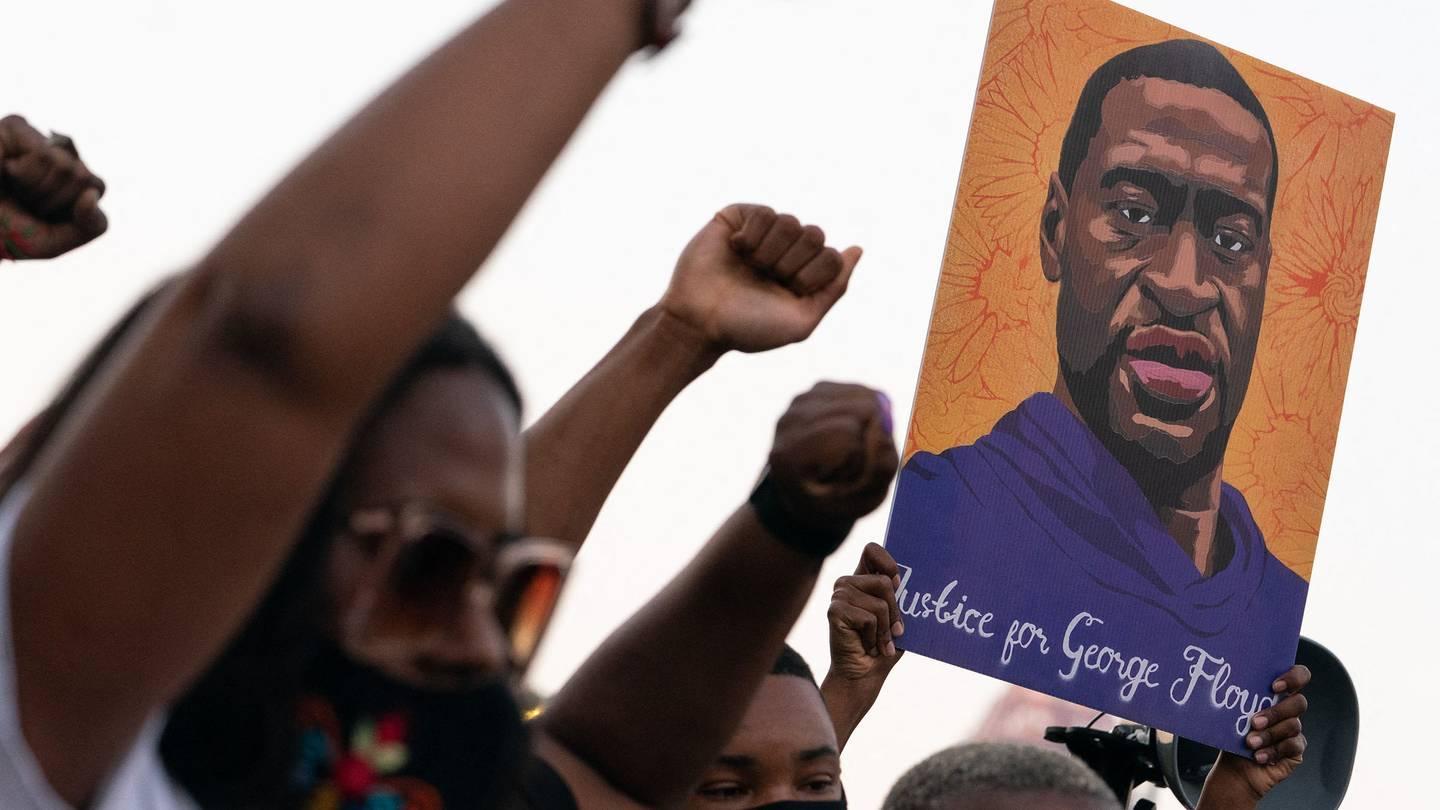
George Floyd Denied Posthumous Pardon For 2004 Drug Conviction
Texas Board of Pardons and Paroles board denies George Floyd Posthumous Pardon For 2004 Drug Conviction.
In a reversal of a decision made last year, a Texas state agency has reportedly decided against recommending that the governor grant a posthumous pardon to George Floyd for a 2004 drug conviction.
According to Reuters, in a letter sent on Thursday (September 15) to the Harris County Public Defender’s office, the Texas Board of Pardons and Paroles board said it was denying the recommendation but provided no explanation for the decision.
“After a full and careful review of the application and other information filed with the application, a majority of the Board decided not to recommend a Full Pardon and/or Pardon for Innocence,” reads the letter, a copy of which was seen by Reuters.
Allison Mathis, a lawyer representing the Harris County Public Defender’s Office, working on behalf of Floyd’s family, sought a pardon for Floyd’s drug conviction. Gerald Goins, a former Houston police officer who arrested the 46-year-old, had been accused of fabricating evidence and had about 150 other drug cases overturned. He himself is facing two counts of felony murder for a deadly 2019 drug raid in which two people were killed.
If Floyd’s petition had been approved by the board, the pardon recommendation would have gone to Texas Gov. Greg Abbott for a final decision.
Floyd was killed by former Minneapolis police officer Derek Chauvin in May 2020. Three other former officers, Tou Thao, Thomas Lane, and J. Alexander Kueng, were indicted by a federal grand jury, accusing them of depriving Floyd of his rights while exercising the authority of a government agency. Floyd died during an attempt to arrest him as he was pinned to the ground under Chauvin’s knee for nearly nine minutes.
Chauvin pleaded guilty to federal civil rights charges in December 2021. Thao, Lane and Kueng were convicted in February of federal civil rights violations.

